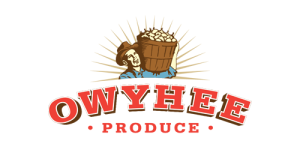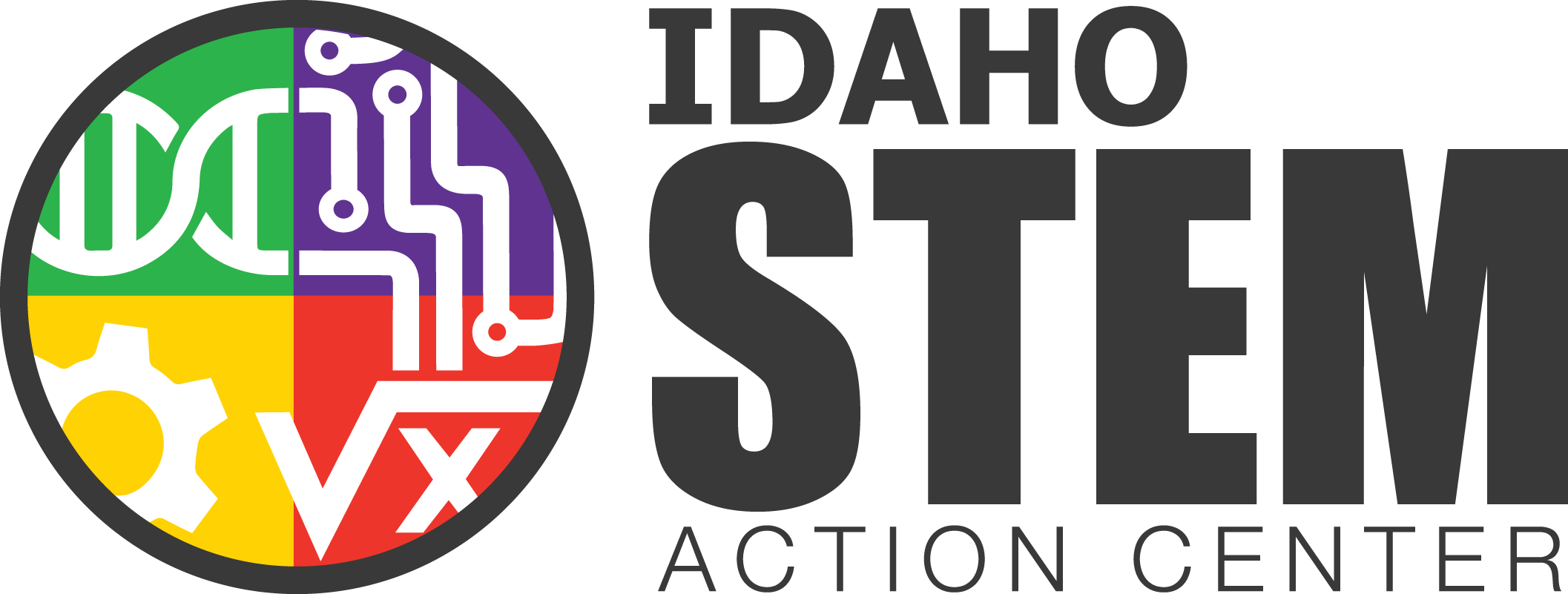Erik Kendall at Owyhee Produce
 From Database Design to Employee Lifecycle: A Summer Externship Journey with Owyhee Produce
From Database Design to Employee Lifecycle: A Summer Externship Journey with Owyhee Produce
This summer, I had the incredible opportunity to participate in a STEM educator externship through the Idaho STEM Action Center. My host site was Owyhee Produce, a well-respected name in agricultural production. The experience not only expanded my understanding of workforce management systems but also directly informed how I teach concepts like systems design, data structures, and career development in the classroom.
Initial Assignment: Designing an Employee Data Management System
My initial task was to develop a Human Data (HD) database aimed at centralizing employee information, enhancing training tracking, and improving HR decision-making processes. The goal was to create a scalable system that could evolve with the company’s growth.
Pivoting the Project: Embracing the Employee Lifecycle
During my interviews with various team members, I discovered that a similar system was already in place. This realization prompted a strategic pivot in my project. Recognizing an opportunity to add value, I shifted focus to defining and formalizing Owyhee Produce’s Employee Lifecycle.
Defining the Seven Stages of the Employee Lifecycle
- Workforce Planning & Requisition- Objective- Align talent needs with business strategy
- Talent Attraction & Sourcing- Objective- Generate a qualified, diverse candidate pool
- Assessment & Selection- Objective- Identify the best candidate for the role and culture.
- Hiring & Onboarding- Objective- Convert candidate to productive employee
- Development, Performance & Mobility- Objective- Maximize engagement, productivity, and career growth
- Retention & Employee Relations (ER)- Objective- Sustain a healthy, compliant workplace
- Separation & Off‑Boarding- Objective- Conclude employment smoothly and compliantly
Impact on My Career and Classroom
This externship was informative. It reinforced the importance of adaptive project-based work and reminded me that listening and iteration are just as important as technical execution. I’m bringing that mindset back into my classroom this fall, especially as I guide students through software development and cybersecurity projects.
Most importantly, this experience emphasized how technical skills like database design and systems thinking apply beyond tech. They’re tools for solving real human problems in every industry. I will now embed more real-world scenarios and career-contextualized activities in my CTE lessons, ensuring my students understand both the “how” and the “why” of what they’re learning.
Grade Level and Subject Taught: 9th-12th

